Hi fellas !
Today I'm going to propose a little game to show you more English quirks. I will list some statements about the English language and you will have to decide if they are true or false. Then, you can see the answers down below. Ready, steady, go !
1. There is a word in English consisting of seven consonants and no vowels
2. The longest word in English has 20 letters
3. There is a word with five vowels together
4. There are no 'acentos" or "tildes" in the English language.
5. The sound [ñ] does not exist
6. In English there are words written in the same way, but pronounced differently
7. There are words written differently but pronounced in the same way
8. The most used vowel is 'i'
9. The least used consonant in 'x'
10. There aren't any palindrome (words read the same backwards and forwards) longer than three letters.
OK, now let's check the answers:
1. Surprising though it may sound, it's true. The word with seven consonants is 'rhythms' (letter 'y' is a consonant). Its singular has six consonants and the word 'gypsy' has five consonants and no vowels.
2. False. The longest word has way more letters than this. Technically, the longest word is pneumonoultramicroscopicsilicovolcanoconiosis. This forty-five-letter word refers to a lung disease contracted through inhaling gases from a volcano. Another really long word is Antidisestablishmentarianism, the political thinking aimed at the removal of the Anglican church's status in the nineteenth century.
3. Of course there is. Have a look at what the people are doing in the picture above: they are 'queueing up'. Do you understand why I chose that picture now ?
4. Yes, there are ! There are not properly English words, but words derived from other languages that have entered the English language without changing. Most of them derive from French. Examples are 'cliché', 'décor', 'résumé' (a synonym for Curriculum used in American English), 'fiancé' or 'café'
5. Well, the sound [ñ] does exist as an allophone in English. In some parts of the UK, some speakers use this sound to pronounce 'onion' or 'companion'
6. True ! These words - as you might know - are called 'homographs'. 'Read' is pronounced [ri:d] in the infinitive or simple present and [red] when it refers to the past or past participle. Other examples are 'minute' (60 seconds) ['mɪnɪt] and 'minute' (tiny, very little) [maɪ'nju:t]
7. True as well ! These words are 'homophones'. There are countless examples in English: 'son' and 'sun' are both pronounced [s˄n], the same as 'bye', 'by' and 'buy' [baɪ].
8. False. The most used vowel is 'e'. What would the English language do without that vowel ? Have a look at this sentence here. As you will see, you wouldn't be able to write anything without the second vowel: 'the egg sent by the elf is the perfect element to serve the recipe'. By the way, in Spanish we need the vowel 'a' but as you will have seen the previous sentence was constructed without it !
9. False. Although letter 'x' is not used a lot, 'z' and 'q' remain the least used letters of the alphabet. think about it !
10. False. There are a lot of palindromes in the English language, including 'radar', 'level', 'civic', 'rotor', 'reviver', 'deified' or 'repaper'. However, my favourite one is a female English name: 'Hannah.' Isn't that lovely ?
Well, as you have seen, the English language is full of beautiful quirks and curiosities that make me love this language a bit more ! What about you ? Do you like these quirks ? Have you discovered any other quirk you would like to share with me ? Post it on a comment !

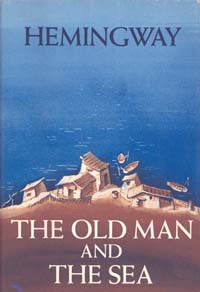
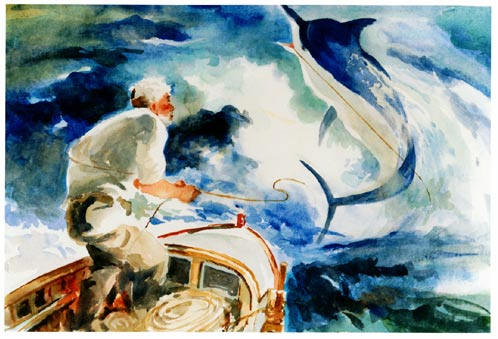





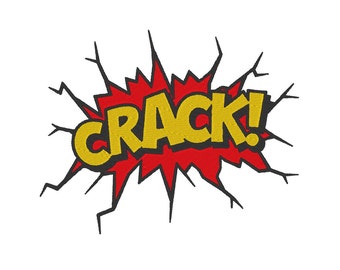

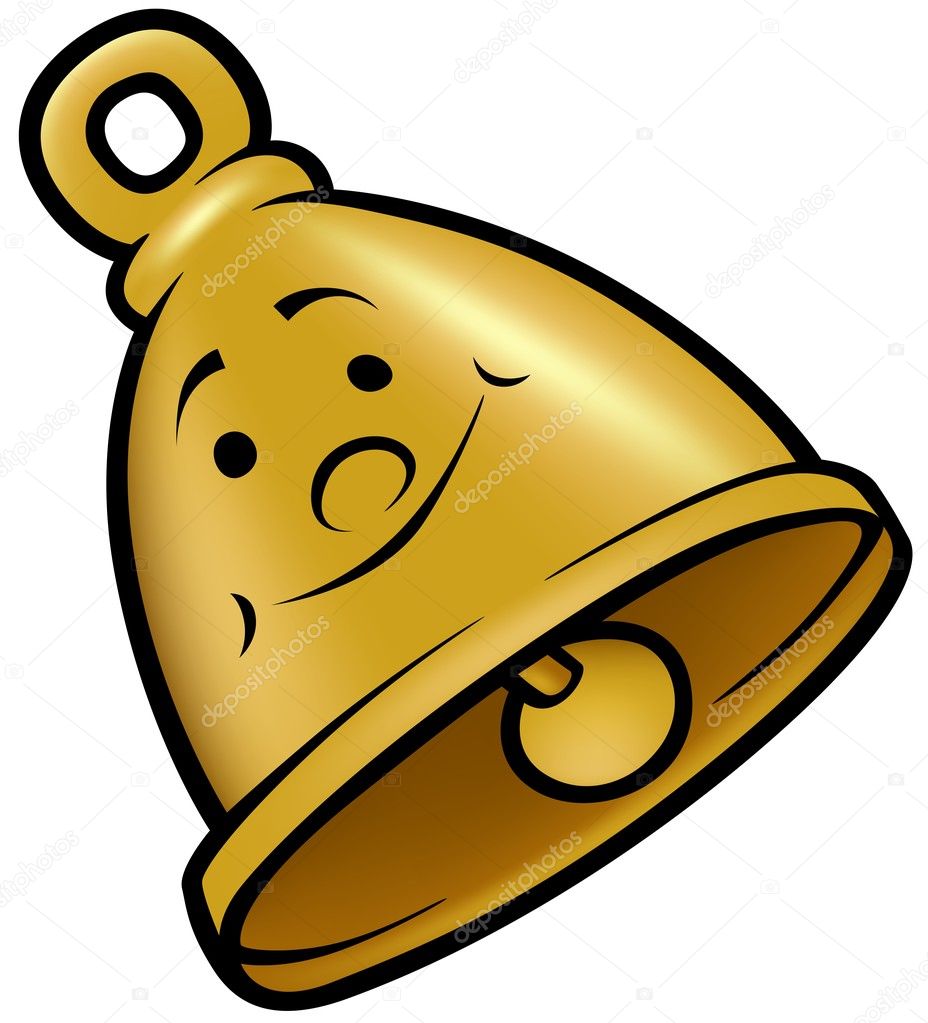








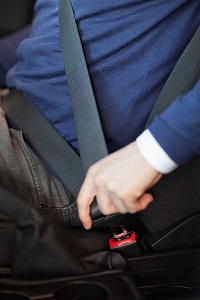

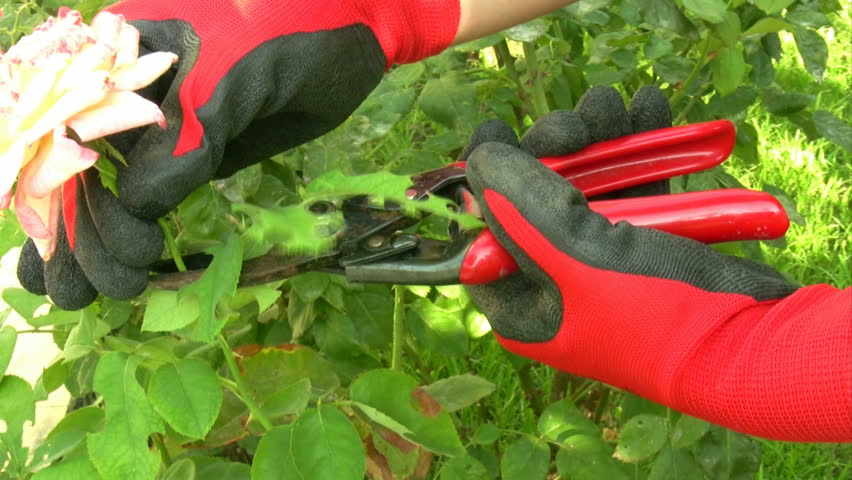)




